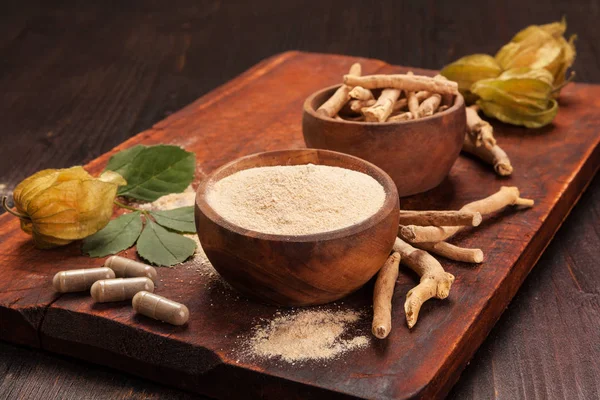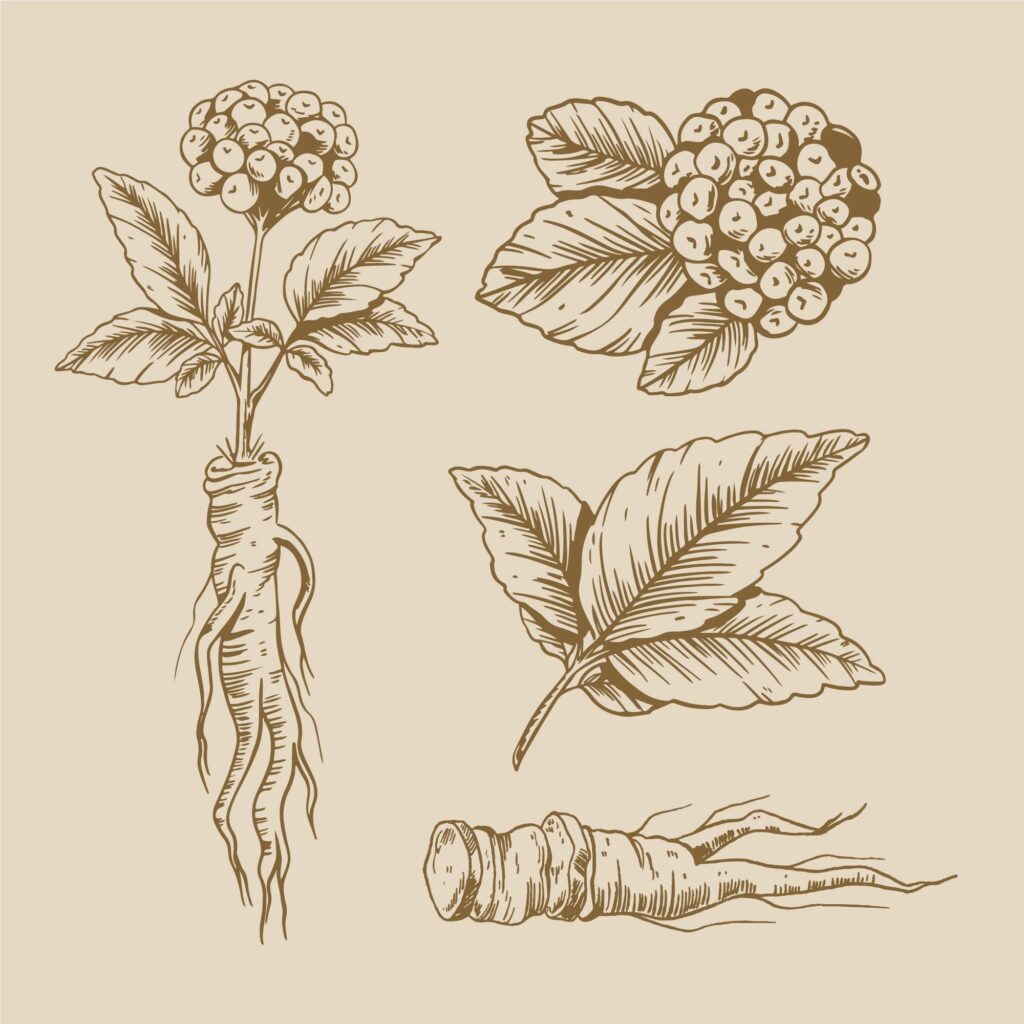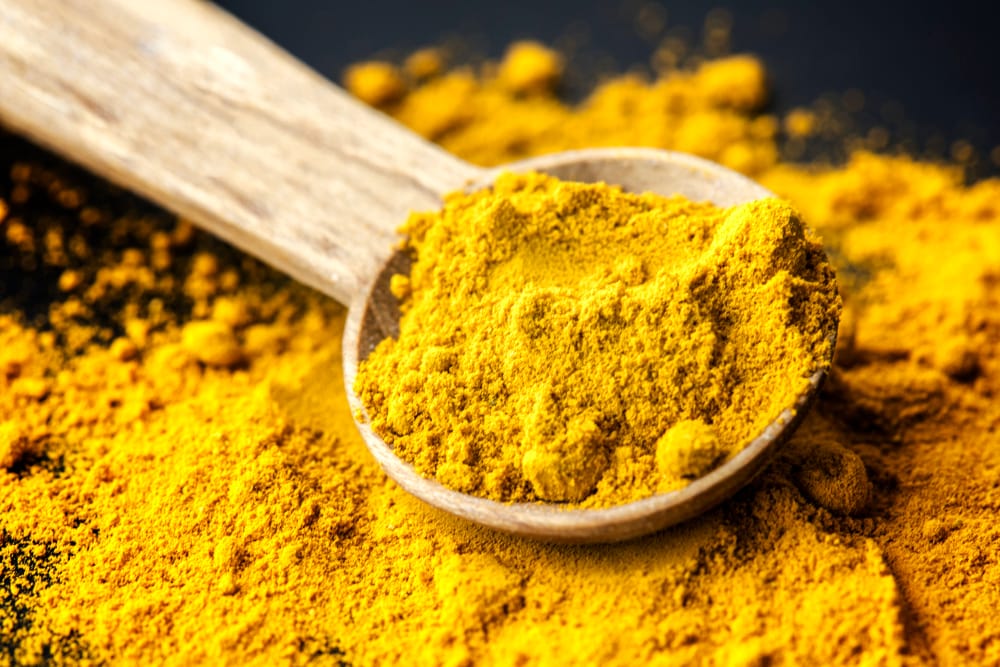FREE SHIPPING OVER $50
How These Ancient Herbs Could Slow Down Aging—#1 Restores Youthful Skin
In the quest to slow down the effects of aging, people have turned to various practices, with ancient herbs becoming one of the most intriguing and natural options. Many of these herbs have been used in traditional medicine for centuries due to their numerous health benefits, and their potential anti-aging properties are now drawing attention in the modern world. This article dives into the world of these time-honored herbs, exploring how they work, the benefits they offer, and the scientific support behind their age-defying effects.
Why Ancient Herbs for Anti-Aging?
Using herbs to slow aging is not just about skin appearance; it’s also about promoting overall wellness. Many of these herbs offer antioxidants, vitamins, and minerals that support skin health, mental clarity, immune function, and more. Incorporating these herbs into your daily routine might help you experience the benefits that go beyond simply looking youthful.
Let’s explore a few powerful herbs that could be key to maintaining that youthful glow.
1. Ashwagandha – The Rejuvenating Herb

Benefits: Restores youthful skin, boosts energy, reduces stress
Ashwagandha, also known as “Indian ginseng,” has been widely used in Ayurvedic medicine for centuries. Its antioxidant properties help fight off free radicals, which are linked to skin aging. Ashwagandha also supports adrenal health and reduces cortisol levels, which can decrease stress-induced skin damage. Studies suggest that ashwagandha promotes collagen production, which keeps skin firm and reduces fine lines.
How to Use: Ashwagandha can be taken as a powder, capsule, or tincture. Add it to smoothies, teas, or warm milk.
2. Ginseng – The Energy and Skin Tonic

Benefits: Increases skin elasticity, boosts energy, reduces inflammation
Ginseng, particularly Korean red ginseng, is popular in both Eastern and Western beauty products for its anti-aging properties. This herb improves blood circulation and has natural anti-inflammatory effects, helping to keep skin smooth and healthy. Ginseng also contains phytonutrients that stimulate and activate skin regeneration, which reduces wrinkles and age spots.
How to Use: You can find ginseng as a tea, capsule, or topical cream. Drinking ginseng tea regularly can provide internal benefits.
3. Turmeric – The Golden Spice of Youth

Benefits: Reduces wrinkles, combats sun damage, brightens complexion
Turmeric is renowned for its powerful antioxidant and anti-inflammatory effects, thanks to curcumin, its active compound. Turmeric helps to neutralize free radicals, which are a major cause of visible aging. Additionally, turmeric may help even skin tone and improve skin texture, making it a popular ingredient in skincare masks and serums.
How to Use: Turmeric can be consumed in food, as a supplement, or applied topically in skincare masks. Mixing it with black pepper enhances curcumin absorption.
4. Holy Basil (Tulsi) – The Anti-Stress Wonder
Benefits: Fights inflammation, improves immunity, reduces stress effects on skin
Holy basil, or tulsi, is known as an adaptogenic herb that helps the body manage stress, which is crucial for maintaining a youthful appearance. Stress is a major contributor to premature aging, impacting skin, hair, and general health. Holy basil’s antioxidant properties also provide anti-inflammatory benefits that keep skin smooth and clear.
How to Use: Enjoy tulsi as a tea or supplement, or look for skincare products containing holy basil extract.
5. Gotu Kola – The Collagen Booster
Benefits: Promotes collagen production, improves skin elasticity, reduces scars
Gotu kola, sometimes called “the herb of longevity,” has been used in Asian cultures for centuries. This herb supports collagen production, which is vital for keeping skin firm and elastic. Some studies indicate that gotu kola may reduce the appearance of scars and wrinkles, making it a valuable addition to an anti-aging regimen.
How to Use: Gotu kola is available in teas, capsules, and topical creams. Drinking it as tea or applying it topically can help you enjoy its skin benefits.
6. Maca Root – The Hormonal Balancer
Benefits: Enhances skin glow, balances hormones, boosts energy
Maca root, traditionally used in Peru, is an adaptogen that helps balance hormones, which can have a big impact on skin health and aging. Hormone imbalances often lead to dull, dry skin, which can exacerbate signs of aging. Maca also supports energy levels, making it an excellent herb for overall vitality.
How to Use: Maca powder can be added to smoothies, coffee, or oatmeal. Capsules are also widely available.
Health Benefits of Ancient Herbs Beyond Skin Care
In addition to their anti-aging benefits for the skin, these herbs offer a range of health benefits that can promote longevity and overall wellness:
- Stress Reduction: Adaptogenic herbs like ashwagandha, holy basil, and maca root help the body respond to stress more effectively, reducing damage that can accelerate aging.
- Enhanced Energy Levels: Herbs such as ginseng and maca root naturally increase energy, which can help you maintain an active lifestyle.
- Improved Immunity: Many ancient herbs are rich in antioxidants and nutrients that bolster the immune system, helping your body ward off illness and recover more quickly.
How to Incorporate These Herbs Into Your Routine
Adding these herbs to your daily routine doesn’t need to be complicated. Here are a few ideas:
- Smoothies: Adding ashwagandha, maca powder, or turmeric to smoothies is a great way to enjoy these herbs’ benefits without changing your diet significantly.
- Teas and Tonics: Many of these herbs are available as teas, which can be enjoyed daily. Try a blend that includes tulsi, gotu kola, or ginseng for an anti-aging boost.
- Topical Products: Look for skincare products containing turmeric, ginseng, or gotu kola. Applying these herbs topically can support skin health directly.
Are There Any Side Effects?
While these herbs are generally safe, they can cause side effects in certain cases. Here are some to be aware of:
- Ashwagandha: Can cause digestive upset, including nausea and diarrhea, especially if taken in large doses. Those with thyroid conditions should consult a doctor before use, as ashwagandha can impact thyroid hormone levels.
- Ginseng: Known to cause headaches, insomnia, and digestive issues in some people. It may also interact with blood-thinning medications, so check with your healthcare provider if you’re on such medications.
- Turmeric: High doses may cause digestive discomfort and even ulcers. It can also act as a blood thinner, so caution is advised for individuals on anticoagulants.
- Holy Basil: Generally safe, but in rare cases, it may cause mild digestive upset or lower blood sugar levels, so diabetic individuals should use caution.
- Gotu Kola: Can lead to dizziness, upset stomach, or skin irritation when applied topically. Long-term use may affect liver function, so it’s best to use it in moderation.
- Maca Root: Typically well-tolerated, but may lead to digestive issues or interfere with thyroid function in individuals with pre-existing thyroid concerns.
Final Thoughts
Incorporating ancient herbs into your routine can provide numerous anti-aging benefits, from youthful skin to improved energy levels. While they’re no substitute for a balanced lifestyle, these herbs offer natural ways to support your body’s vitality and keep you feeling youthful. Whether you prefer them in tea, powder, or skincare products, these ancient herbs provide an accessible, holistic approach to aging gracefully.







